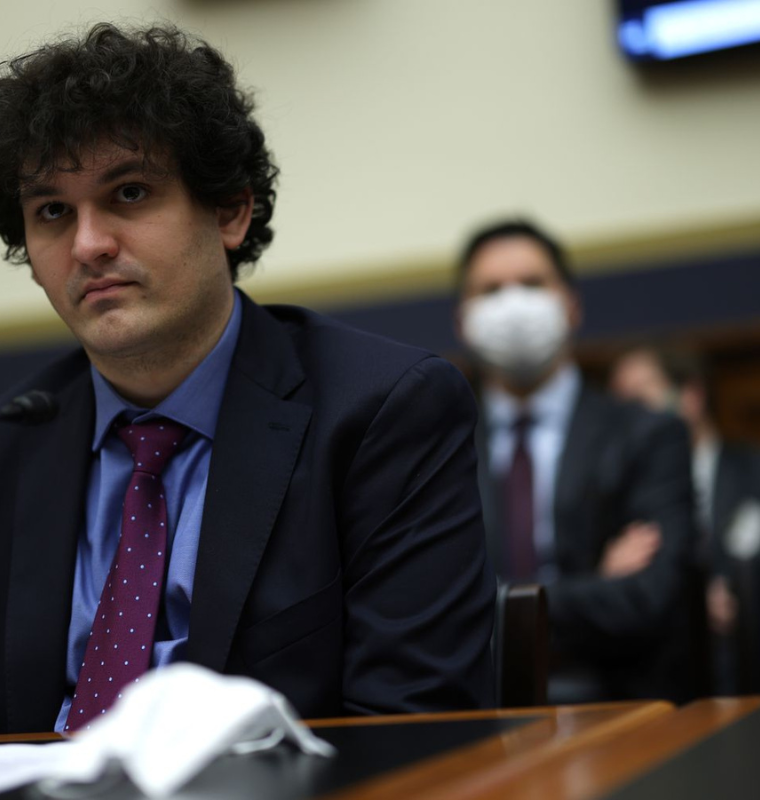Crypto Wealth Fuels Golden Visa Demand
By
Leah Rosenfeld
Last updated:
September 24, 2025
First Published:
December 2, 2025

Photo: aadiupdates
The rise of crypto powered migration
A growing number of wealthy cryptocurrency holders are turning to golden visa programs as a way to secure global mobility. These programs, offered by countries that grant residency or citizenship in exchange for investment, have traditionally been funded with cash, real estate, or government bonds. Now, Bitcoin and other digital currencies are being increasingly accepted as payment, marking a shift in how nations attract capital from new wealth classes.
Why crypto millionaires seek golden visas
For crypto investors who have accumulated significant wealth, the need for security and flexibility is paramount. Many have experienced the volatility of digital markets and recognize the value of diversifying not only their assets but also their residency options. A golden visa provides the right to live, work, or travel freely within specific regions, which offers a safety net against political or economic instability in their home countries.
Governments adapt to digital wealth
Countries that rely on foreign capital inflows are recognizing the potential of embracing cryptocurrency holders. By accepting Bitcoin or other digital assets directly, these governments position themselves as forward looking and competitive in the global residency market. This adaptation also signals an understanding that crypto wealth is not just speculative but represents a substantial and growing share of global capital.
Streamlined payments through blockchain
One of the key advantages of accepting cryptocurrency for golden visa programs is transaction efficiency. Traditional cross border payments can involve delays, currency conversions, and high fees. By contrast, blockchain transfers are faster and less dependent on traditional banking networks. For both investors and governments, this means smoother transactions and fewer administrative hurdles.
Popular destinations for crypto wealth
Several European and Middle Eastern countries have emerged as leaders in welcoming crypto wealth into their golden visa systems. Nations with established financial sectors and progressive digital asset regulations are particularly attractive. These destinations not only provide residency benefits but also offer crypto friendly business environments, making them doubly appealing for entrepreneurs who want to expand their ventures globally.
Risks of integrating crypto into residency schemes
While the trend is gaining momentum, it also carries risks. Authorities must ensure that funds come from legitimate sources, as cryptocurrencies can be misused for illicit transfers. This places greater importance on compliance measures such as Know Your Customer and Anti Money Laundering checks. For the programs to remain credible, governments need to balance openness with robust due diligence.
The lifestyle dimension
For many crypto millionaires, securing a golden visa is about more than financial security. It represents access to better healthcare, education, and lifestyle opportunities. The ability to travel freely across regions such as the European Union or to reside in attractive destinations near the Mediterranean has become a symbol of status as well as a practical investment in quality of life.
How this trend reshapes the golden visa market
The inclusion of cryptocurrency in golden visa programs is broadening the appeal of these schemes. They are no longer targeted solely at traditional high net worth individuals but now cater to a new generation of digital entrepreneurs and investors. This diversification could reshape the entire market, with programs competing to attract crypto wealth through favorable policies and innovation.
A sign of wider crypto acceptance
Beyond residency, the willingness of governments to accept Bitcoin for golden visas reflects a deeper cultural shift. It signals that digital assets are being recognized as legitimate stores of value and as practical tools for financial transactions. This acceptance could encourage other sectors such as real estate, healthcare, and education to follow suit in integrating crypto payments.
What the future holds
As global competition for capital intensifies, more countries are expected to adopt crypto friendly golden visa programs. The trend could accelerate as digital wealth continues to expand and as crypto millionaires seek stability and global mobility. For the crypto industry, this marks another milestone in bridging the gap between digital finance and real world opportunities, reinforcing the idea that cryptocurrency wealth is here to stay and shaping the choices of both investors and governments.
Popular articles
Subscribe to unlock premium content
Disney’s Timeless Magic and How the Entertainment Giant Continues to Shape Culture and Innovation

Imran Khan’s Economic Missteps Amid Political Chaos in Pakistan

The Philippines’ Digital Shift How Remittances and BPO Are Fueling Growth

Disney’s Timeless Magic and How the Entertainment Giant Continues to Shape Culture and Innovation

Imran Khan’s Economic Missteps Amid Political Chaos in Pakistan

Disney’s Timeless Magic and How the Entertainment Giant Continues to Shape Culture and Innovation









